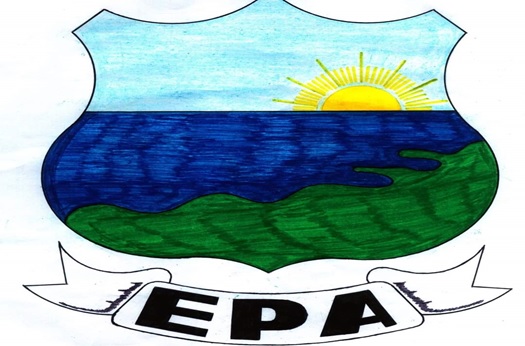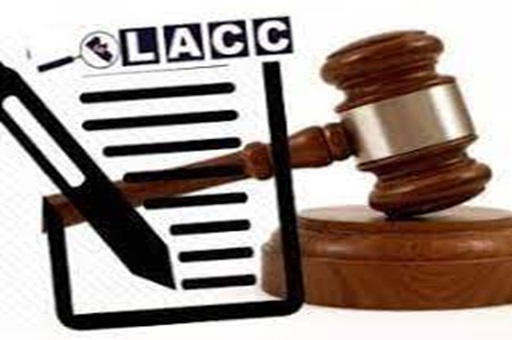MONROVIA – On September 9, 2024, Monrovia will host a significant scientific gathering as the Government of Liberia, in partnership with the United Methodist University (UMU) and the Environmental Protection Agency (EPA) of Liberia, presents the Basic Ocean Acidification Training Course from September 9-13, 2024. This landmark event, the first of its kind in the region, aims to significantly enhance the scientific capabilities of West African nations in monitoring and addressing the impacts of ocean acidification.
The training course, organized by the Ocean Acidification International Coordination Centre (OA-ICC) of the International Atomic Energy Agency (IAEA), the Global Ocean Acidification Observing Network (GOA-ON), and the Ocean Acidification Africa (OA-Africa) Network with additional financial support from the International Alliance to Combat Ocean Acidification (OA Alliance), offers a unique and invaluable opportunity for 17 early-career scientists from West Africa. This is a chance for these scientists from Angola, Gambia, Ghana, Liberia, Nigeria, and Togo to be inspired, learn, and make a real difference in the fight against ocean acidification. Three IAEA experts will carry out the training.
Dr. Yar-Donlah Gonway Gono, President of the United Methodist University (UMU), highlighted the importance of the upcoming training: “This course represents a crucial step forward in building the scientific capacity needed to tackle one of the most pressing environmental challenges facing our region. The launch of the Gulf of Guinea Ocean Acidification Network during this event will further solidify our commitment to regional cooperation in protecting our marine resources for future generations.”
The course provides a blend of theoretical lectures, discussions, and workshops, strongly emphasizing Sustainable Development Goal 14.3.1 reporting. Participants will acquire the necessary tools for conducting ocean acidification research and monitoring in their respective countries and the practical skills to make a real difference in their communities and the wider region. This hands-on approach will empower them with the confidence and capability to act and contribute to the global effort to combat ocean acidification.
Dr. Emmanuel Yarkpawolo, Executive Director of the Environmental Protection Agency (EPA) of Liberia, emphasized the significance of the training: “This training will empower our scientists and communities with the knowledge and resources needed to protect our marine ecosystems and ensure the sustainability of our ocean resources.”
Hon. Karishma P.H. Pelham-Raad, The Assistant Minister for International Organizations-Ministry of Foreign Affairs (MOFA) of Liberia and National Liaison Officer (NLO) to the International Atomic Energy Agency (IAEA), emphasized the importance of the training for African Member states. This is crucial because Africa has extensive coastlines bordering the Atlantic and Indian Oceans, the Red Sea, and the Mediterranean Sea, which are vital for the continent’s US$300 Billion blue economy. Ocean acidification can harm coral health, fisheries, and the marine food chain, threatening food security and economic livelihoods.
Ms. Lina Hansson, from the IAEA Ocean Acidification International Coordination Centre and one of the lecturers, said that the training is an essential step towards supporting West African IAEA Member States to measure and act on ocean acidification.
During the training week, the OA-Africa Steering Committee will discuss the network’s future strategy and review ongoing regional initiatives. This meeting will provide a platform for experts to collaborate on solutions for the growing challenges of ocean acidification across Africa.
The training aims to raise awareness and promote international cooperation on research into ocean acidification.







